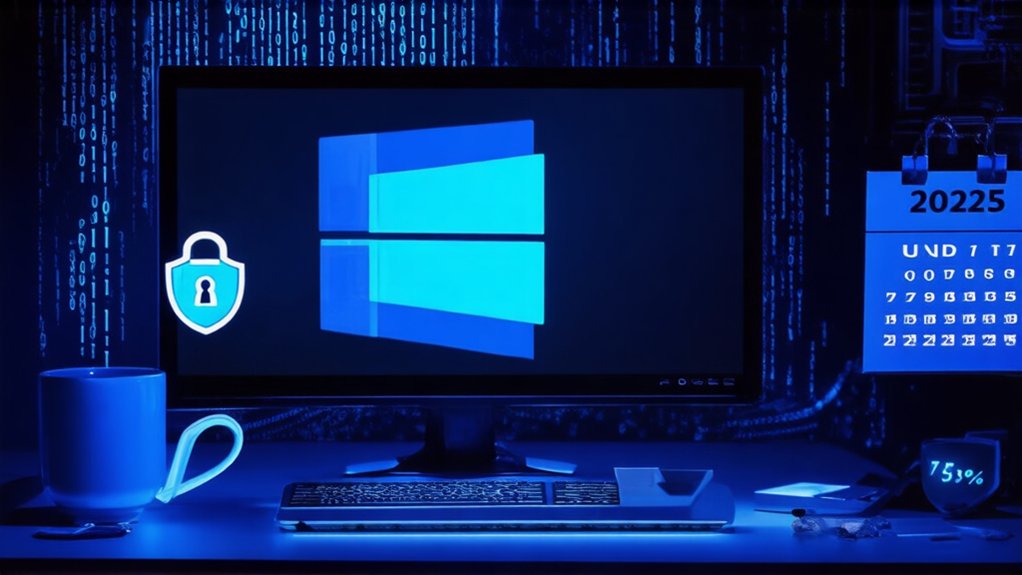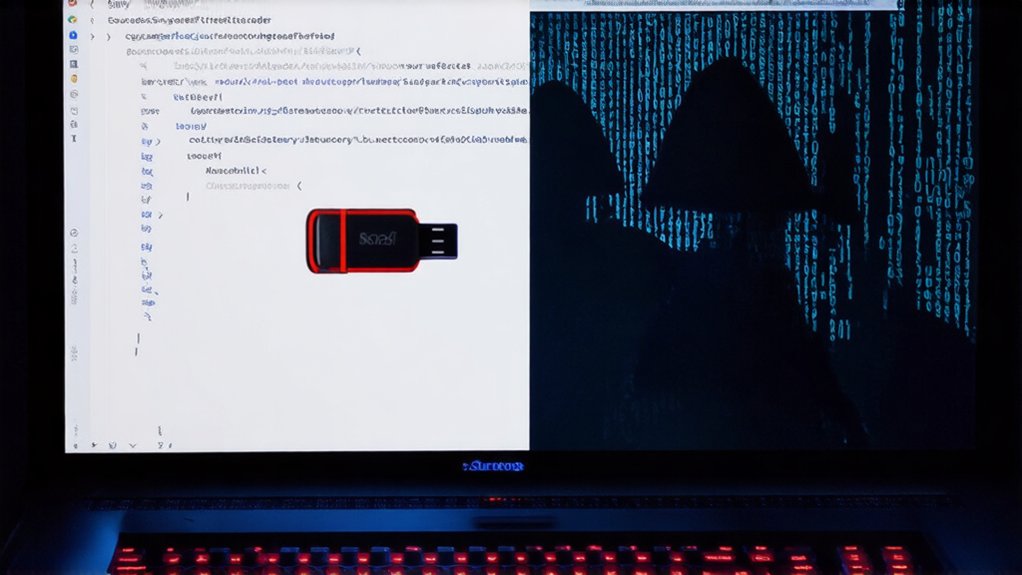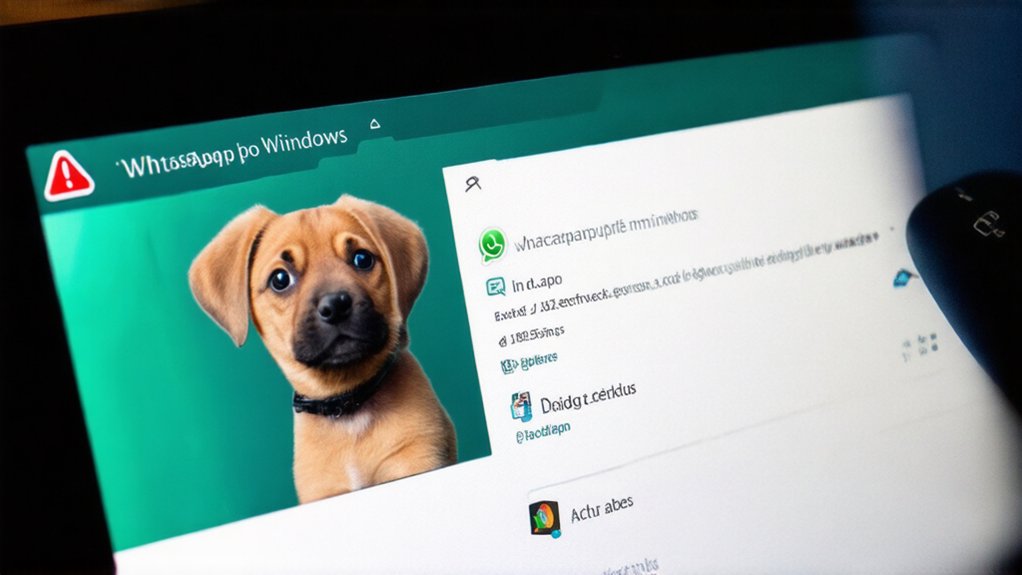Microsoft’s April 2025 Patch Tuesday has landed with a bang. The tech giant addressed a whopping 121 security vulnerabilities across its product lineup. Not exactly a light month for IT departments already drowning in work.
Among the fixes, one stands out like a sore thumb: CVE-2025-29824. This nasty zero-day vulnerability was being actively exploited before Microsoft could patch it. Surprise, surprise. Attackers were using this elevation of privilege flaw to gain SYSTEM-level access on targeted machines. Once in, they could do pretty much whatever they wanted – run malicious code, install malware, or rummage through sensitive data. Not good.
The April update tackled a diverse range of security issues. Elevation of privilege vulnerabilities led the pack with 49 fixes. Remote code execution vulnerabilities followed with 31 patches. Then came information disclosure (16), denial of service (14), and security feature bypass (9) vulnerabilities. Microsoft’s been busy.
This Patch Tuesday underscores the relentless nature of the security landscape. Threats evolve constantly. Hackers don’t take vacations. Initial forecasts for April’s patches fell short – clearly someone’s crystal ball needs recalibration.
The zero-day affects the Windows Common Log File System Driver, a kernel-level component. It’s precisely these low-level vulnerabilities that keep security professionals awake at night. They’re hard to detect but devastating when exploited. Microsoft has announced that Microsoft Security Copilot now includes new agents focused specifically on vulnerability remediation to help combat these threats.
AI is increasingly integrated into security operations, both for defense and unfortunately, for crafting more sophisticated attacks. It’s an arms race, and nobody’s winning except maybe the security vendors selling solutions.
Other tech companies like Adobe and Apple have also released security updates recently. It’s patch-a-palooza season, apparently.
The breadth of vulnerabilities addressed shows just how complex modern software has become. Regular patching isn’t just recommended – it’s essential. The LDAP vulnerabilities that could potentially lead to Denial of Service attacks were also fixed in this comprehensive update. This month’s updates prove again that in cybersecurity, there’s no such thing as “set it and forget it.”




